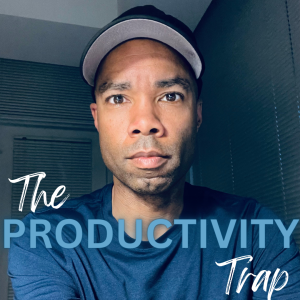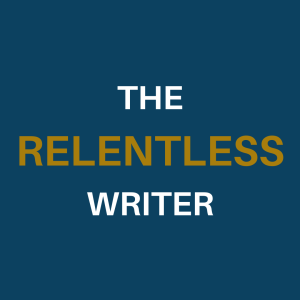
Over the years, I’ve read many books on productivity and focus. Because I’ve felt like I’ve struggled with both—to remain consistently productive and to stay focused on the task at hand. While some of the advice and tips have been helpful, a lot come across as aloof or unrealistic when you’re trying, like I’ve been, to achieve a goal while working a day job. And in a public-facing role like mine, I have little control over how I spend my time. Consequently, that leaves me with just a few hours to work on my passion projects—and I end up, inadvertently or not, in the productivity trap.
The Productivity Trap
As a writer and creative, I’ve never been concerned about climbing the corporate ladder. Doing my best to stay out of management, I’ve always taken roles where I carry out operational tasks that, as a result, don’t let me manage my time. That’s why many productivity strategies don’t align with the rank and file, and work best for senior management and entrepreneurs—people with the freedom and flexibility to completely manage their day on their terms.
With only a few hours (on a good day) to work on my dreams/goals, I’m learning constantly to figure out what’s important—and work on that. Simplifying commitments increases focus and productivity, as Chris Bailey explains in his book, The Productivity Project. Bailey writes, “By doing this, you’re able to better spend your time, attention, and energy on the select commitments that yield the most, are the most meaningful to you, and create more time and attentional space for those valuable commitments.”1
Remember Your Why
 Lately, I’ve been struggling to get more done. Part of it is because I’m reaching the burnout point from a day job that’s taking more from me than it’s giving back. Understaffed. Increased staff absences. Rude and entitled clients—abusive behaviour that is on the rise and allowed to go unchecked. I’m at a crossroads where I have to decide what’s more important: a job, or my mental health and physical safety (recently, a client spat at me because I told them no). And when walking away without having another job lined up (why create more stress?) isn’t an option, focusing on what’s important becomes key. It reminds me of my why. Why I’m [currently] staying in my job. Why I want to be more productive when it comes to my passion projects. And why I need to, right now, just hold on.
Lately, I’ve been struggling to get more done. Part of it is because I’m reaching the burnout point from a day job that’s taking more from me than it’s giving back. Understaffed. Increased staff absences. Rude and entitled clients—abusive behaviour that is on the rise and allowed to go unchecked. I’m at a crossroads where I have to decide what’s more important: a job, or my mental health and physical safety (recently, a client spat at me because I told them no). And when walking away without having another job lined up (why create more stress?) isn’t an option, focusing on what’s important becomes key. It reminds me of my why. Why I’m [currently] staying in my job. Why I want to be more productive when it comes to my passion projects. And why I need to, right now, just hold on.
And keeping my why at the forefront of what I do, it means eliminating the things (the ones I can) that drain my energy and bring me down. Like social media, the news, time spent on streaming services, negative people. Because “when you’re confident,” as Tim Grover’s writes in his book, Relentless, “you don’t care what others think; you can take your mistakes seriously but still laugh because you know you can and will do better.”2
Untrapping Yourself
Remembering your why, focusing on what’s important, being more intentional… These are jut a few ways to avoid the productivity trap. Because you’re not looking for the next cool app to help you manage your time. You’re not trying to implement systems that don’t fit your lifestyle. You’re focused on what matters to you and, ultimately, defining for yourself what it means to be productive.
1 Bailey, C. (2016). The Productivity Project, New York, Currency, p. 143.
2 Grover, T. (2013). Relentless: From Good to Great to Unstoppable, New York, Scribner, p. 120.
Leave a Reply